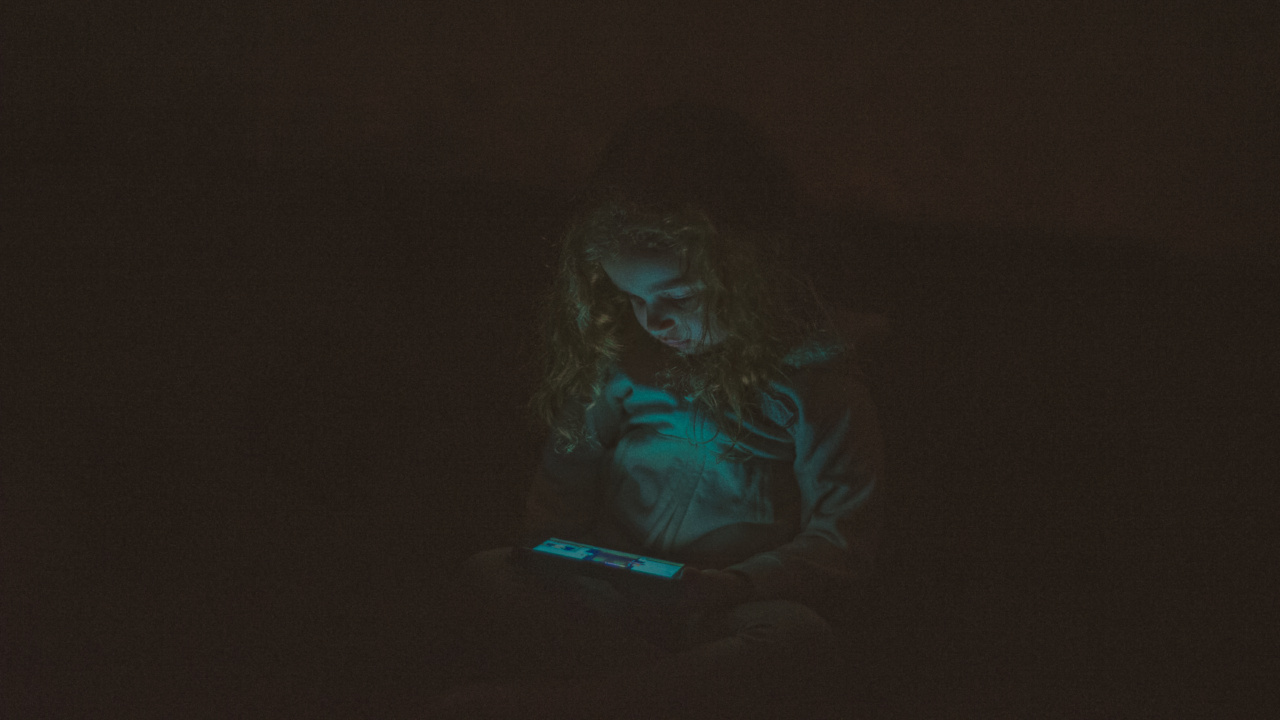Many people find themselves craving a late-night snack from time to time. Whether it’s due to hunger pangs or simply a desire for comfort food, late-night snacking is a common occurrence for many individuals.
However, have you ever wondered about the impact of these late-night snacks on your blood sugar levels? In this article, we will explore the connection between late-night snacks and blood sugar levels and delve into some useful tips for keeping your blood sugar levels stable even when snacking late at night.
Understanding Blood Sugar Levels
Before we dive into the connection between late-night snacks and blood sugar levels, it’s important to understand what blood sugar levels are and how they affect our bodies.
Blood sugar, also known as glucose, is the primary source of energy for our cells. When we eat carbohydrates, such as bread or pasta, our bodies break them down into glucose. This glucose is then released into the bloodstream, where it travels to our cells to provide them with the energy they need to function properly.
The Impact of Late-Night Snacks on Blood Sugar Levels
Now that we have a basic understanding of blood sugar levels, let’s explore the impact of snacking late at night on these levels. When we consume food, our bodies break it down and release glucose into the bloodstream.
However, the release of glucose is typically regulated by our body’s natural circadian rhythm, which follows a 24-hour cycle. During the evening and nighttime hours, our bodies naturally produce less insulin, the hormone responsible for regulating blood sugar levels. As a result, late-night snacking can disrupt this natural rhythm and lead to spikes in blood sugar levels.
The Role of Insulin in Blood Sugar Regulation
Insulin plays a crucial role in regulating blood sugar levels. When we eat, our pancreas releases insulin to help transport glucose from the bloodstream into our cells.
This process allows our cells to utilize the glucose as energy and helps maintain stable blood sugar levels. However, when we consume high-sugar or high-carbohydrate snacks late at night, our bodies may struggle to produce enough insulin to keep up with the sudden influx of glucose.
This can result in elevated blood sugar levels, which can have negative consequences for our health.
Tips for Snacking Late at Night without Spiking Blood Sugar Levels
While it’s best to avoid late-night snacking altogether, we understand that cravings can sometimes be hard to resist. If you find yourself reaching for a snack late at night, consider these tips to minimize the impact on your blood sugar levels:.
1. Choose Low-Glycemic Index Foods
The glycemic index (GI) ranks foods based on how quickly they raise blood sugar levels. Foods with a high GI, such as sugary snacks and processed carbohydrates, can cause a rapid spike in blood sugar.
On the other hand, foods with a low GI, such as nuts, seeds, and vegetables, release glucose more slowly, resulting in a more gradual increase in blood sugar levels. Opt for snacks that have a low GI to help keep your blood sugar levels stable.
2. Pair Carbohydrates with Protein or Fiber
When consuming carbohydrates, try to pair them with a source of protein or fiber. Protein and fiber help slow down the digestion and absorption of carbohydrates, which can prevent sharp spikes in blood sugar levels.
For example, if you’re craving a late-night snack, consider having an apple with a small handful of almonds. The apple provides carbohydrates, while the almonds offer protein and healthy fats.
3. Watch Portion Sizes
Be mindful of portion sizes when snacking late at night. Consuming large quantities of carbohydrates or sugary snacks in one sitting can overwhelm your body’s ability to regulate blood sugar levels.
Opt for smaller portion sizes to avoid excessive spikes in blood sugar.
4. Time Your Snack Wisely
Timing is key when it comes to late-night snacking. If you’re planning to have a snack before bed, try to enjoy it at least an hour or two before you plan to sleep.
This gives your body some time to digest the food and process the glucose, reducing the likelihood of elevated blood sugar levels while you sleep.
5. Choose Whole Food Options
Instead of reaching for processed snacks high in sugar and unhealthy fats, opt for whole food options.
Fruits, vegetables, nuts, and seeds are excellent choices for late-night snacking as they are nutrient-dense and provide a good balance of carbohydrates, protein, and healthy fats.
Awareness is Key
By being aware of the connection between late-night snacks and blood sugar levels, you can make more informed decisions when it comes to your nighttime snacking habits.
While occasional indulgence is fine, consistently consuming high-sugar or high-carbohydrate snacks late at night can have long-term effects on your blood sugar control and overall health. It’s important to find a balance that works for you and prioritize whole, nutrient-dense foods to support optimal health and blood sugar regulation.
Conclusion
Snacking late at night can pose risks to your blood sugar levels and overall health. The connection between late-night snacks and blood sugar levels lies in the disruption of our body’s natural circadian rhythm and insulin production.
To minimize the impact of late-night snacking on blood sugar levels, opt for low-glycemic index foods, pair carbohydrates with protein or fiber, watch portion sizes, time your snacks wisely, and choose whole food options. By making mindful choices, you can enjoy a late-night snack without compromising your blood sugar levels.





























